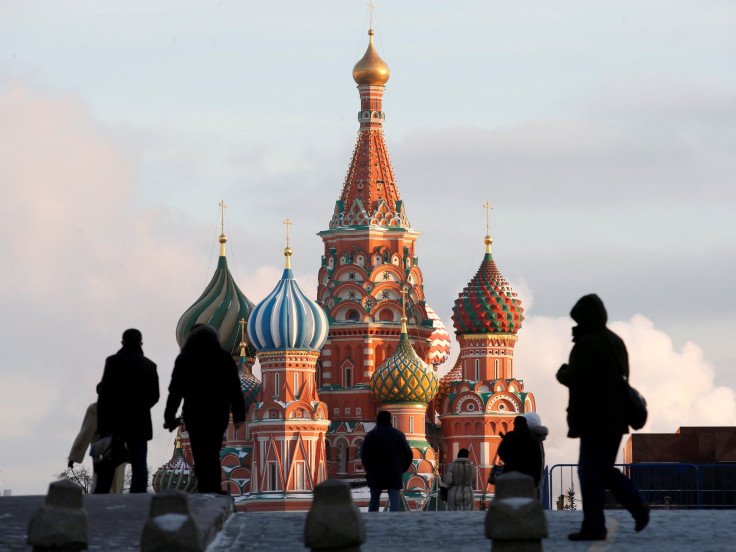Being Black Today: Russia Warns Its Citizens Don’t Say ‘Negro’ Or Call Africans Monkeys When Traveling

The Russian Foreign Ministry has released a set of advice for its citizens traveling abroad, including to avoid the use of the words “n*****” and “negro,” and to be cautious of Canada’s “obsession” with gender equality. The notice, detailed by The Moscow Times Thursday, featured a series of recommendations, both general and tailored to those visiting a number of specific countries around the world.
“In countries with sizeable black populations, refrain from using the words ‘negro’ and ‘n*****,’ as well as their derivatives,” read one of the recommendations on the Russian Foreign Ministry’s website.
For those visiting Kenya, the ministry urges against comparing locals to monkeys, something that has been used as an insult in European cultures since the Middle Ages.
“Comparing a Kenyan to a monkey can cause the very strongest reaction, as can rudely questioning a Kenyan’s mental abilities (knocking yourself on the head, as a gesture during conversation, is considered an insult),” said the advice. “If you poke a Kenyan with your finger during conversation, it can also instigate aggression from him.”
Racism in Russia has been a particularly prevalent issue ahead of the country hosting the 2018 World Cup. Ahead of the tournament next summer, the country has appointed an antiracism inspector charged with tackling the problem. However, the man appointed to the role, former international player Alexei Smertin, had previously insisted that “there’s no racism in Russia, because it does not exist."
The travel advice also repeatedly cautions Russians about their conduct and language around LGBT individuals. Russia passed a law criminalizing what it deemed gay "propaganda" in 2013.
“Canada, where same-sex marriage was long ago legalized and there is a serious ‘obsession’ with gender equality, isn’t the best place for retelling ‘obscene male’ anecdotes and jokes about ‘the non-traditionals,” reads the Russian travel guide.
In France, Russians are told, “It’s also desirable not to react to representatives of the LGBT community, and not to address them with any offensive words or gestures.”
While in France, Russia’s citizens are also instructed “to avoid any behavior toward women that might be regarded as an act of ‘sexism.’”
There is no specific advice for travelers to the United States. However, it does warn that “Though foreigners sometimes find it difficult to distinguish one from the other, Canadian citizens can become very offended, if you compare their country to the United States.”
© Copyright IBTimes 2025. All rights reserved.





















